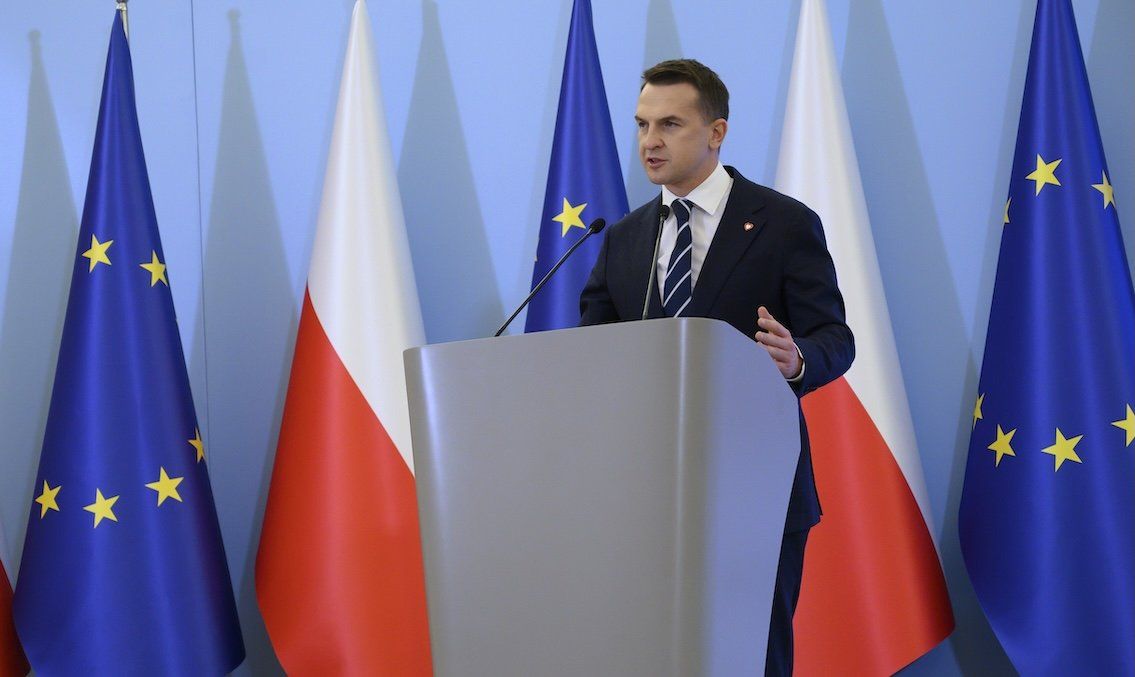With Donald Trump set to take office as US president on Monday, Poland is beginning its six-month presidency of the European Union with a warning: This is “the right time to say loudly that it’s time [for Europe] to take responsibility for our future and our security,” Poland’s Europe minister, Adam Szłapka, told the Guardian on Wednesday. Poland holds the rotating presidency from Jan. 1 to June 30, 2025.
Poland has long warned that many fellow EU members underestimate the threat that Russia poses for Europe, and with Trump now promising to broker a ceasefire agreement in Ukraine, Poland’s government wants to be sure Europeans understand the longer-term risk.
Szłapka warned of “a very difficult time” ahead. And though Polish officials are careful not to criticize Trump directly, at least until his approach to Russia, Ukraine, and the future of NATO becomes clear, Poland continues to insist that Europe can’t outsource its security to the United States indefinitely.
In fact, Poland’s defense minister has welcomed the incoming US president’s call for NATO member states to spend 5% of their GDP on defense. Poland is already NATO’s biggest defense spender – with 4.12% of GDP in 2024 and an expected jump to 4.7% this year.
It’s a reminder that while many Europeans are casting a wary eye toward Washington, Poland’s attention remains firmly focused on the Kremlin.
